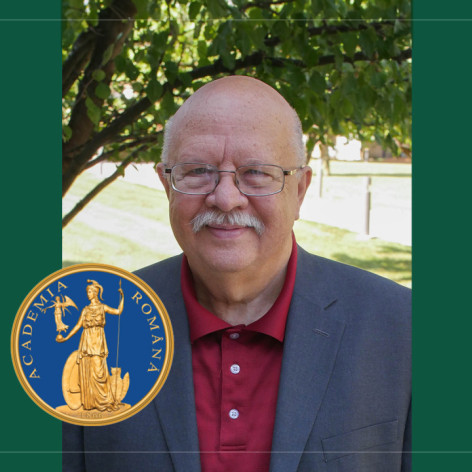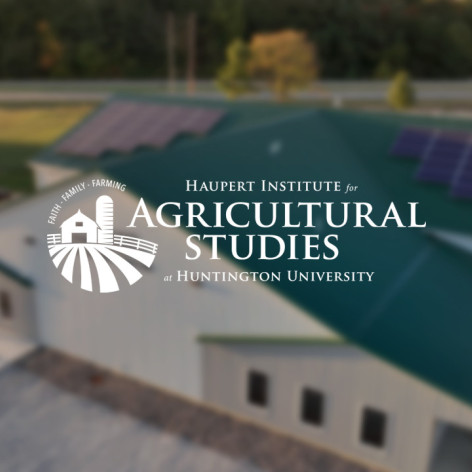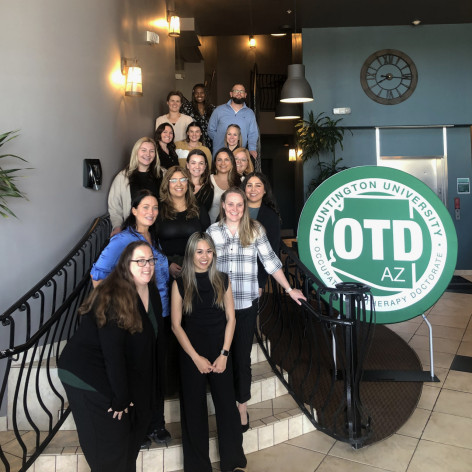The true breadth of counseling
FOR RELEASE: Thursday, March 13, 2014
Individuals are defined by a physical realm. They are seen as clothes, skin, hair, profession, money and the list goes on. They utilize repairmen when anything breaks and call doctors when they are sick. But when something else snaps, something beyond the physical such as emotions, relationships or family dynamics, that's when one turns to a different kind of repairman. Those people are counselors. Huntington University offers a master's degree in counseling that is different from any in the country. In dealing with the hearts of people, a breadth of knowledge and experience is essential to help in any situation. Huntington offers one of the most comprehensive counseling programs that meets or exceeds the standards set by the state in every single area, all while keeping Christ at the center.
Dr. Jerry Davis, director of the graduate counseling program, and Dr. Mike Cook are both full-time professors in the program. Davis has more than 30 years of practice as a licensed clinical social worker, licensed marriage and family therapist, licensed mental health counselor and a national certified counselor. Cook is a licensed marriage and family therapist and has served in several mental health facilities and in several churches. They work with a team of 10 adjunct professors and staff to run the program.
Unique to the program is the LifeSpring Counseling Center, a fully-functioning clinic with locations in Huntington and Fort Wayne, Ind., that offers free counseling to the public. This is a key part of the students' training as it allows for the graduate students to offer real help while gaining actual work experience. This service is aimed at individuals, couples and families who don't have insurance or means to pay. The clients range in age from 4 to 60. Students work directly with clients from the beginning, offering a level of detail and experience not found elsewhere.
"It felt like I already had a year and a half working experience before even finishing grad school," said Andrew Sebastian, a 2012 graduate of the program.
The counseling done at LifeSpring is unique in how it helps to train the students. The counseling sessions are recorded, with consent from the client, for use by the professors to allow for more in-depth and comprehensive treatment for the clients as well as critique of the students' methods. Some cases even have the professors conducting co-therapy with a student for special cases like marital counseling.
"The students come out with better supervision with the experience of doing co-therapy and keeping the same client for a year," Davis said. "None of that is required by the state."
All of the faculty teaching in the program hold current counseling licenses and most are practicing counselors, as well. They use a variety of counseling theories and techniques to provide students with a broad knowledge base, and they use their experiences from the field to keep their course material fresh.
Between the hands-on experiences at LifeSpring and the expertise of the faculty, students are gaining the skills to succeed. In fact, all graduates from the program have found employment in the field in less than six months after graduation.
"That is something that we are very proud of," Davis said. "It is a number that is rarely seen in this field. People know the students here get the experience they need."



